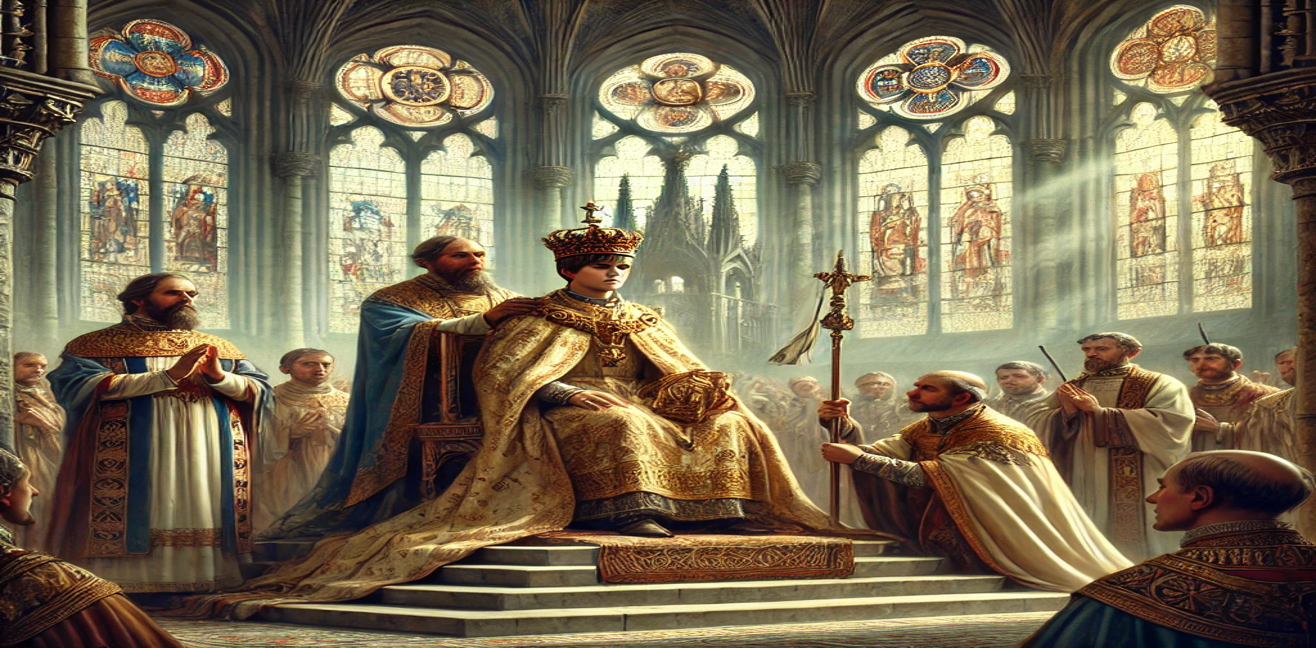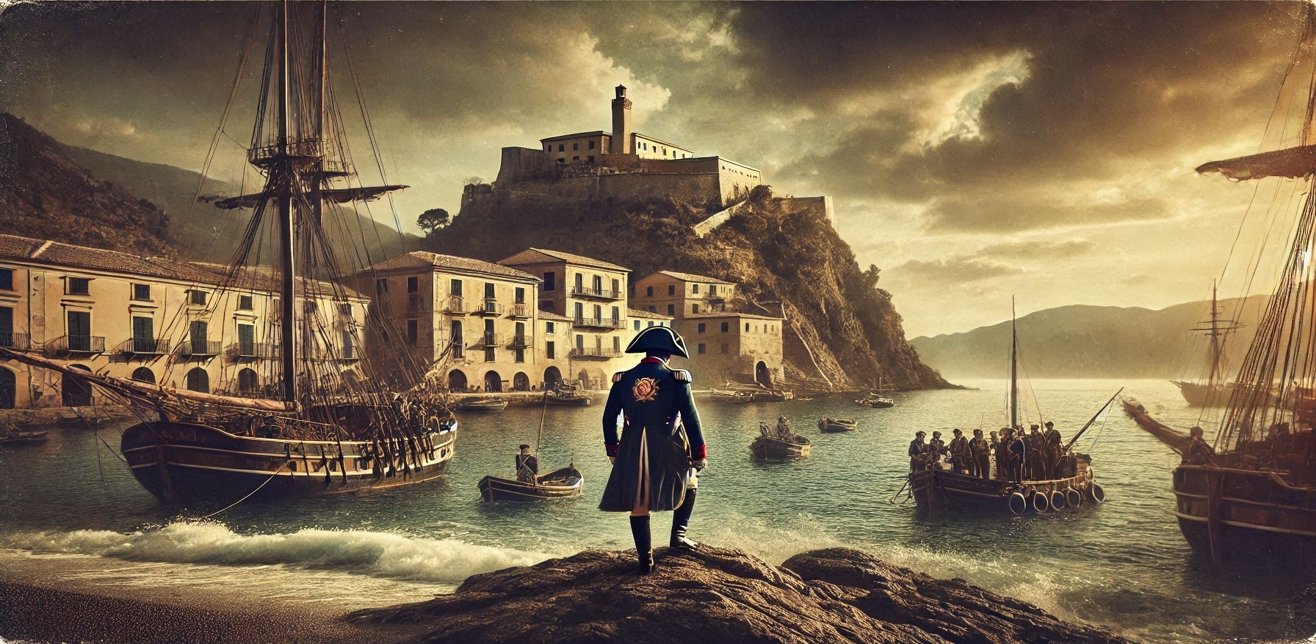On May 21, 996, Otto III was crowned Holy Roman Emperor at just 16 years old. This event marked not only the ascent of a young ruler but also the beginning of significant political and religious transformations in medieval Europe. Having ascended the German throne at the age of three, Otto became one of Europe’s youngest leaders when he donned the imperial crown.
The Rise of a Young Ruler
Born in 980, Otto III was proclaimed King of Germany in 983 at the age of just three. Upon the early death of his father, Otto II, he ascended the throne under the regency of his mother, Theophanu, and his grandmother, Adelheid. When crowned emperor in 996, Otto’s youth and inexperience were seen as potential obstacles. However, he quickly dispelled these doubts with his leadership skills and visionary approach.
Balancing Political and Religious Power
Otto’s reign was a period of consolidation for both the political and religious power of the Holy Roman Empire. He sought to reshape the relationship between the church and the state. By forging close ties with the papacy, Otto bolstered religious authority and strengthened the bond between the empire and the church. His policy not only enhanced the political influence of the Holy Roman Empire in Europe but also solidified the role of religious authority.
Reformist Vision and Approach
Despite his youth, Otto’s reign was marked by his vision and reformist policies. He worked to reorganize the administration and legal systems within the empire. His church reforms increased the influence of religious institutions while also bolstering central authority. These efforts left a lasting mark on medieval European history and demonstrated Otto’s remarkable leadership.
A Brief but Impactful Reign
Otto’s reign lasted only six years. In 1002, at the age of just 22, Otto passed away, but his short rule left a significant impact. The reforms he enacted and the alliances he formed played a crucial role in shaping the empire’s future direction.
Otto’s Legacy
Otto III remains a key figure in the history of the Holy Roman Empire despite his brief reign. His reforms and close ties with the church bolstered the empire’s strength and played a vital role in shaping European history. Otto’s vision and leadership, despite his youth, left a lasting legacy.
Crowned on May 21, 996, Otto III continues to be remembered as one of the most significant figures in the history of the Holy Roman Empire. His reign was not merely a short-lived period of rule but also the beginning of an important era in medieval European history.




